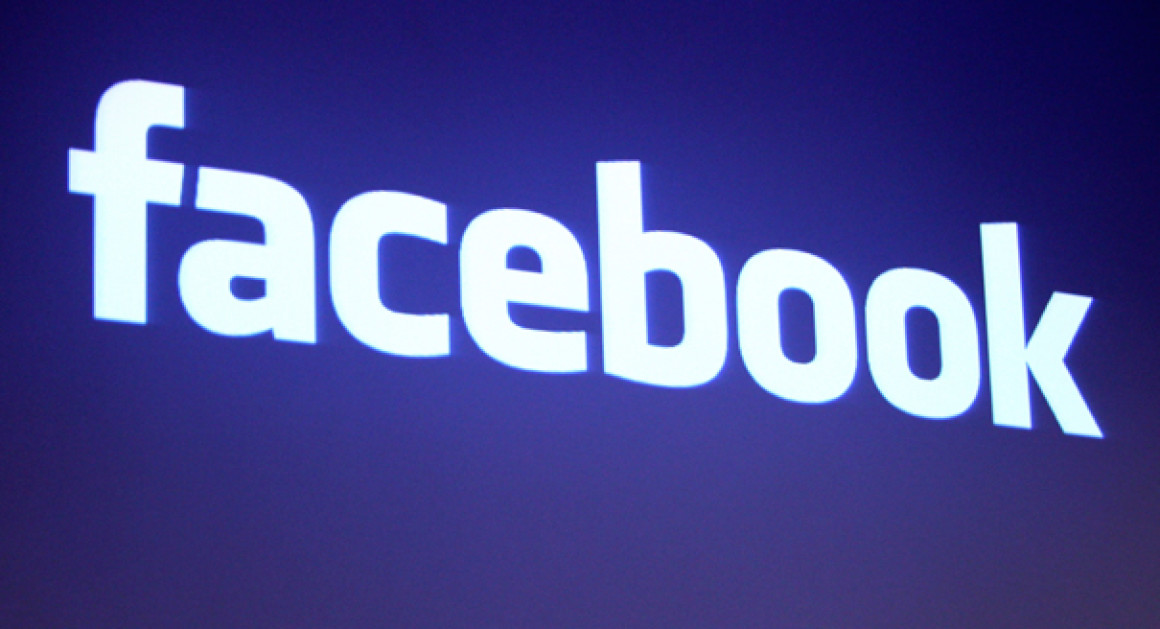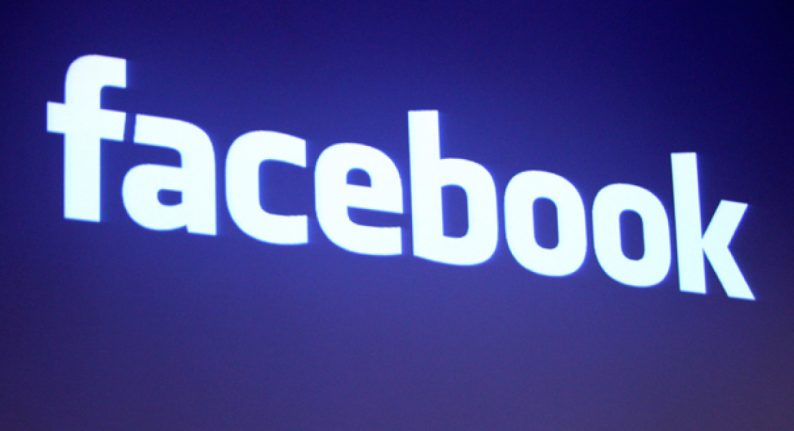
It seems that bad guys (Russians and others) are using Facebook (FB) to spread all sorts of nonsense under false identities. Mark Zuckerberg, Facebook’s CEO and a very rich person, tells us that he is very concerned about the problem but doesn’t know exactly what to do. Congress can help out Facebook and Zuckerberg.
Back in the late 1990s, when the Internet was rapidly becoming an important means of communication, the entertainment industry became concerned about people transferring copies of copyrighted music without permission. It got Congress to pass the Digital Millennium Copyright Act of 1998 (DMCA).
There are many aspects to the DMCA but the key part is that it imposes harsh punitive damages for anyone who allows copyrighted material to be transferred through their site. If a copyright holder notifies the owner of the site that they have posted their material without authorization, the owner of the site must remove it within 48 hours or face steep penalties.
The site owner is liable for damages even if a third party posted the infringing material. This means that if someone were to post a copyrighted song in the comments section to this blog, CEPR would be liable if it was not removed after notification.
It is important to note that the damages are punitive, not just actual. Suppose someone posts a minor hit from thirty years ago that 20 people download from this site. Given the prices commanded for downloads of old music, the actual damages would be a few cents. Nonetheless, under the DMCA CEPR could be liable for thousands of dollars in damages. This can be a great model for Facebook and other potential purveyors of fake news.
Here’s how it would work. Imagine that I get a posting on my Facebook feed from something that looks dubious. I send a note to Facebook indicating that I don’t think that this posting is from a real source. Facebook then has 48 hours to investigate and determine if the source is real. If it determines that it is not real it must notify every person who received the posting, either directly or through its sharing system, that the source was fake.












Leave A Comment